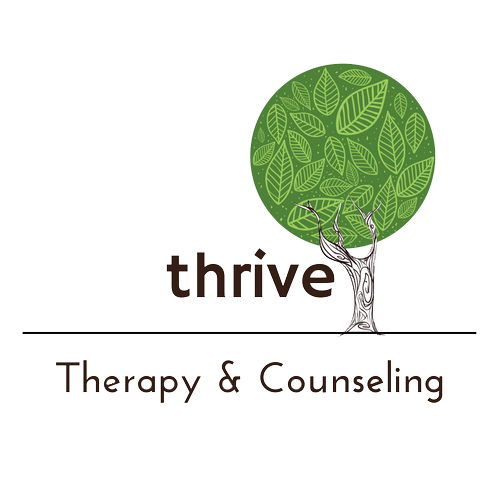When helping isn’t helping
You’re sitting with a client, their tears are flowing, and they just keep saying, “I don’t know what to do!” Your body almost lurches forward, wanting to save them, physically carry the burden that’s weighing them down, or just offer some tangible solution for their problem. But as you hurriedly search your internal files for clues and answers, you come up empty-handed. You’re at a loss and you wonder if you’re a very good therapist at all. Upon reflecting on the session, you realize it’s not your job to have all the answers or fix anything, but you still struggle to be present with clients when they express such urgency.
How can you soothe your own system to connect with your clients in these moments?
When helping isn’t helping When I experience these moments with clients, it feels like being knocked over or losing my balance. I’ve been cast in the role of caretaker throughout my life and often feel a gravitational pull back to that role, sometimes during sessions. It’s taken me a long time to understand that quickly soothing discomfort can be a type of avoidance or numbing. When I’ve been on the receiving end of this, and someone tried to reassure me by telling me it wasn’t that bad, I felt sort of dismissed or trivialized.
The urgency our clients express might be the result of the very thing we feel pulled to do – years of placating or dismissal have left them with little to no tolerance for difficult emotions. It can be helpful to remind ourselves of this, and that just because there’s urgency, doesn’t mean there’s an emergency. It is valuable for us to sit with our clients in their discomfort. We might even choose to express something like, “I don’t have any quick answers, but I’m here with you. Let’s just be for now.”
Using imagery to center ourselves
When I’m feeling overwhelmed, I often have dreams of the ocean rising as I scramble to get to higher ground. I find ocean imagery is a potent metaphor for our emotions. Whether I’m alone or with clients and emotions are high, I like to imagine myself riding a wave – it surges up and up, then comes back down. I’ll even say to myself, “Ride the wave.” It reminds me this moment will pass and that just because it’s intense, doesn’t mean I’m drowning.
It could also be helpful to imagine yourself in a lighthouse, safe and warm as the sea rages around you, shining your light into the storm so your client knows you’re there. I also like the image of a mighty oak, my roots anchoring me in the earth through all types of weather. Experiment with different images that help you feel centered and connected to yourself or something greater than you (humanity, earth, spirit, etc.).
Lastly, remind yourself that perfection is not relatable. It is beneficial for our clients to see us as human, modeling self-compassion for our limitations, and striving to connect amidst uncertainty. We do not build security through having all the answers, but being able to love ourselves and each other when we don’t. Perhaps letting go of problem-solving in sessions and in your life will make room for more self-acceptance. It may even translate into your work with clients, patiently helping them let go of their own perfectionism and embracing themselves as they are.
Warmly,
Ileana Arganda-Stevens, LMFT, Clinical Supervisor, Program Manager


